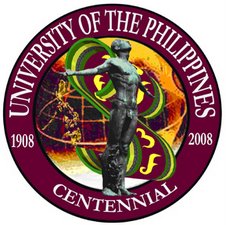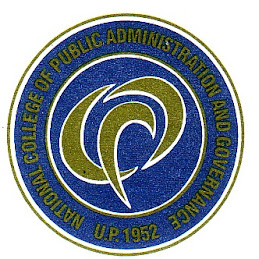Filipino invention stops global warming
Saturday, May 26 2007 @ 11:11 AM BST
http://news.balita.ph/html/article.php/20070526111108758
Features
Roberto V. Celis, 74, said it took him 14 years to develop his invention called "Hydrogasifier" using water as supplemental fuel for all kinds of internal combustion engines that use gasoline, diesel, natural gas, hybrid or bio-fuel, eliminating deadly pollutants from spreading into the atmosphere.
"It utilizes the hot exhaust gases from the engine to dissociate water into hydrogen and oxygen gases that are immediately introduced into the combustion chamber to completely burn the fuel," Celis said in an exclusive interview with the Philippines News Agency in his shop in Marikina City.
Celis said that when he perfected the development of the "Hydrogasifier" as an anti-pollution device, it turned out also as an engine enhancer, increasing power of the vehicle and at the same time cutting down fuel consumption.
"It was just marvelous and I was surprised to this unexpected bonus to my invention which would benefit the Filipinos and the whole world," he said.
"Fuel saved from gas or diesel is from 30 to 50 percent and that is a lot of savings," he added.
Using the "Hydrogasifier" would save the Philippines some US$ 2-billion of fuel annually, he said.
Celis said that carbon emission is near zero during a series of laboratory tests by the Land Transportation Office (LTO) "that makes this device a potential carbon eliminator to prevent global warming that's threatening man's health."
To prove his invention works perfectly, Celis installed the device to test its effectiveness in a Ceres Liner Bus, a Jeep Star Bus, and jeepney operated by Ryan Transport Services, all based in Bacolod City last March and came up with the following results: the 174 horsepower (Hp) of the Ceres Bus increased to 199 Hp, while emission from 9.6K down to 0.21K, cutting down emission by 94 percent;
The Jeep Star Bus from 137Hp to 144.83 Hp and from 9.9K to 2.29K or emission reduction by 76 percent; and
The Ryan jeepney from 83 Hp to 87 Hp and from 9.9K to 0.82K or a reduction by 90 percent of its emission.
A Pajero installed with "Hydrogasifier" saved fuel by 40 percent in city driving, and by as much as 87 percent in highway driving, Celis said.
He said a 1994 Toyoto Corolla car using the device saved fuel by 50 percent in highway driving and up to 30 percent in city driving.
"It is my humble contribution to the world in containing global warming which is threatening man's existence," Celis said.
"I do believe that my invention can contribute greatly in conserving energy and reduce global warming in response to the 1997 Kyoto Protocol on Climate Change, wherein the World Bank will pay us US$ 20 per ton on carbon emission reduction," he said.
The 74-year old Filipino inventor said that the "Hydrogasifier" does not only save motor vehicle owners with lots of money due to less fuel consumption but also complies the Clean Air Act of 2003.
Celis also said that the success of his invention will "generate employment for our people and earn foreign exchange from exporting the device."
Job generation is one of the main concerns of President Gloria Macapagal-Arroyo before she ends her term in 2010.
Celis appealed to the Philippine government to extend financial assistance in the filing of international patent "for this important invention to guarantee the Philippines of exclusivity in manufacturing this Filipino technology."
He said his invention can also be installed in factories to control pollution.
"The ultimate solution to stop global warming is now here in the Philippines," Celis said.
He said that vehicles using the device are like trees, which helps lower carbon emission in the environment, as these release only 6.5 percent to 7.6 percent oxygen from the tail pipe to make cities clean and healthful. (PNA)
-- This email has been scanned by the Balita server.













